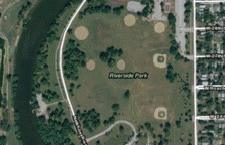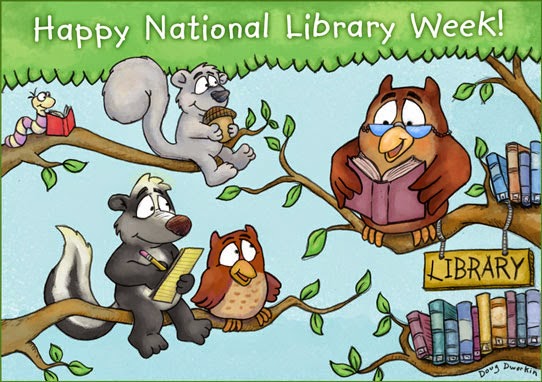Week #16 Prompt Response: What About The Book?
 |
| Old Indianapolis Parks - Riverside(west) - Broad Ripple(north) - Wonderland(east) -White City - (Broad Ripple) |
First, how have reading and books changed since you were a child, for you specifically?
I grew up some 50 years ago. Books when I was a child were a rare and precious occurrence that I had access to at school, church or the library. The library was in the big city (county seat) and was a major excursion. I was and still am a voracious reader, I am a book devourer and have enjoyed exposure over the decades to numerous genres and content.
I have seen the reading of books change a lot, more due to them being, well, cheaper and readily available in places like Wal-Mart and even more so, places like Goodwill and Salvation Army, and garage and estate sales. Books, it seems, are everywhere today.
Add to this scenario, the availability of ancient manuscripts and rare books and all other forms of books that are being made available online, well, one would think book reading is rampant. However, what I see is people mostly still are not readers.
Second, talk a little about what you see in the future for reading, books, or publishing - say 20 years from now.
a. Will we read more or less, will our reading become more interactive?
- To answer will we read more or less, I believe we are automatically reading more due to a broader audience now using the Internet for their information and entertainment. There is a question, I personally believe, as to whether this audience is reading content of any, well, "human enhancing" capacity.
- I do see reading being more interactive, and that's because people are automatically interacting with their use of the Internet for their needs. The Internet requires reading, manual dexterity, activation of both hemispheres of the brain and most importantly, the application of comprehension and decision making.
b. What will happen to traditional publishing?
- I am old, I have seen many things become popular, pass and become popular again more than once. Traditional publishing is not unlike humans, it needs to undergo a transformation and become a more "usable" tool in the dissemination of reading materials. I truthfully think publishers could make better use of their "brick and mortar" stores (like Waldenbooks,etc.) and do as the restaurants are and make their stores mobile. The publishers should reinvent themselves and not only become more Web enabled but also more mobile. These publishers can take over the market where the libraries are dropping their bookmobiles.
- The publisher bookmobiles could have Internet access for their e-books and other online items, as well as just providing a service to the community where their money comes from.
- This is my vision of traditional publishing.



Comments
Post a Comment